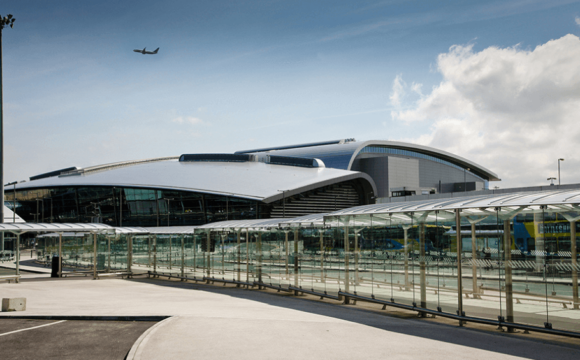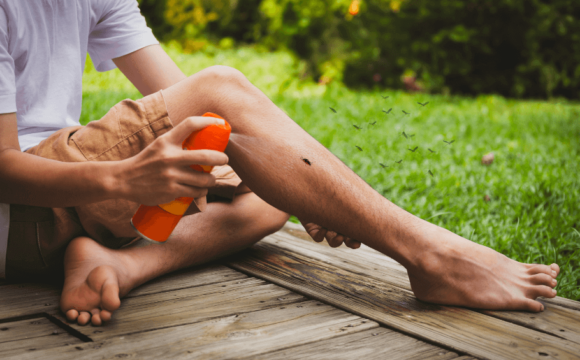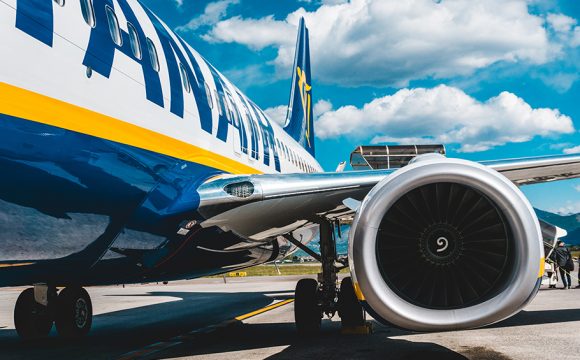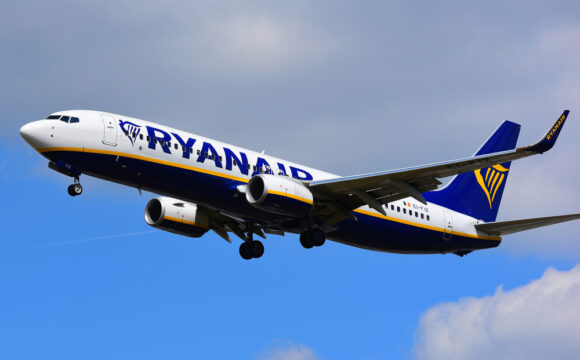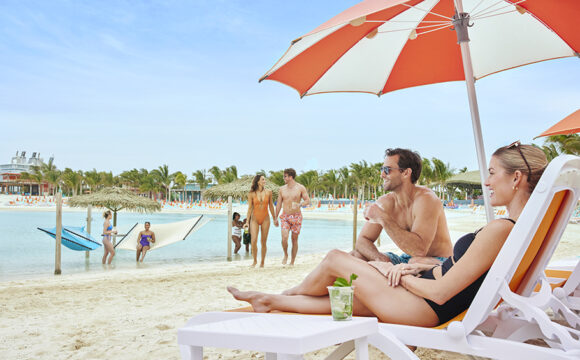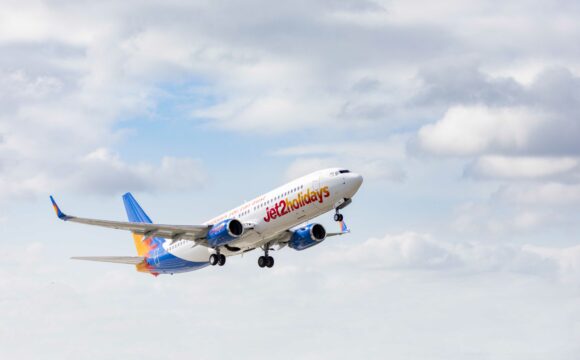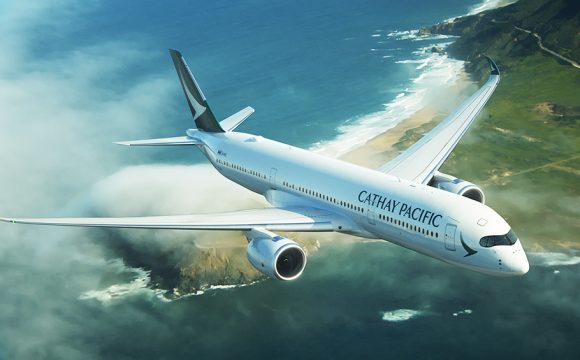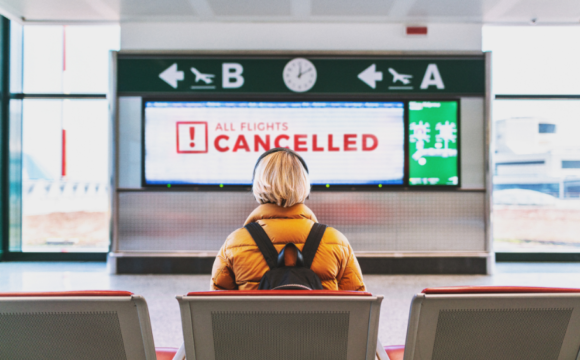This week on the blog we will be focusing on Greece and its islands. Last week the Chancellor announced that the Greek islands of Lesvos, Tinos, Serifos, Santorini and Zakynthos have been added back on to the UK’s travel corridor list meaning holidaymakers returning from these destinations will no longer have to quarantine for 14-days – great news!
So how has Greece been coping the Covid-19?
Well, during the first wave of the Covid-19 pandemic, Greece took all the necessary measures to slow the spread of the virus in the country and now the government uses the daily epidemiological data available to regularly assess and update its plan on dealing with the virus.
The use of face covering is obligatory on public transport, taxis, elevators, hospitals, when visiting government services buildings, in shops and other commercial establishments.
It is also recommended that people should avoid overcrowding in both indoor and outdoor spaces.
So what do I need to do to visit Greece?
In order to visit Greece, holidaymakers will need to fill in a Passenger Locator Form (PLF) 24 hours before they plan to arrive. You will provide the address of you accommodation in the country.
Targeted and random testing may take place in entrance checkpoints, in order to aid the epidemiological research.
Holidaymakers are also reminded to follow the same hygiene protocols as they would at home, including washing your hands thoroughly and frequently with soap and water or use a disinfectant, especially after coughing or sneezing, and before you touch and consume food.
If you are planning a trip to Greece in the coming weeks (or months) here is our Covid-19 Essentials Medi-Pack list:
First off, get yourself a Small Medical Kit such as the Safety First Aid 56-Piece Travel First Aid Kit. It is ideal for taking abroad on family holidays and overseas trips involving low-risk activities (£8). To update it for travelling during Covid, add in some face masks – check out these ones from Faril. They are 100% cotton, washable and come with 10 replacable carbon filters (£9.99 for pack of two with ten carton filters). A travel size Hand Sanitiser Gel is a must. This one from Bliss is approved by the NHS and comes in a handy cabin-bag size of 100ml (£9.99 for a pack of 5).
Disinfectant Spray, such as the SurSol disinfectant anti-bacterial, anti-virus spray should also be added to your travel medical kit. It comes in a cabin-bag friendly 50ml size and can be used as a surface spray cleaner and disinfectant. It eliminates 99.9% of bacteria and viruses from surfaces (£5.99). Add a pack of disinfectant wipes as well. The Clinell CW40 multi-purpose disinfectant wipes are a fast and effective cleaning method – and are especially handy when travelling (pack of 40 for £5.99).
A cool new invention (or maybe just something we have all started to discover) are paper soaps! The Crivers 10 pack portable disposal paper soap sheets turn into a cleansing foam when wet – handy when you are on the go, at the beach or when the dispensers in the public loos are out of soap (£3.41).
Pop some paracetamol and a factor 50 in the medi-pack, and you’re good to go!
Along with your Covid-ready Travel Medical Kit, we recommend you invest in a reusable water bottle. Staying hydrated when in the sun is very important and to cut down on the possibility of trace contact from touching multiple water bottle (we all reach for the one at the back of the refrigerator) an insulated stainless steel water bottle such as the one by Bamboo is eco-friendly and reusable. Keeps hot drinks hot and cold drinks cold. Comes in four different sizes – 350ml, 500ml, 750ml and 1000ml (£14.99).







